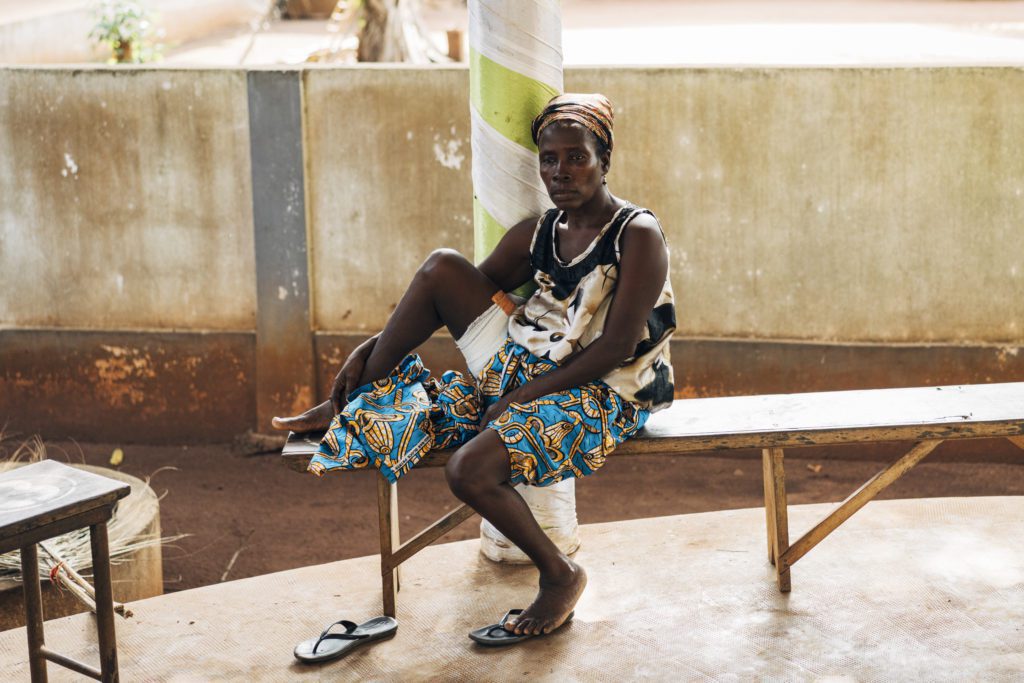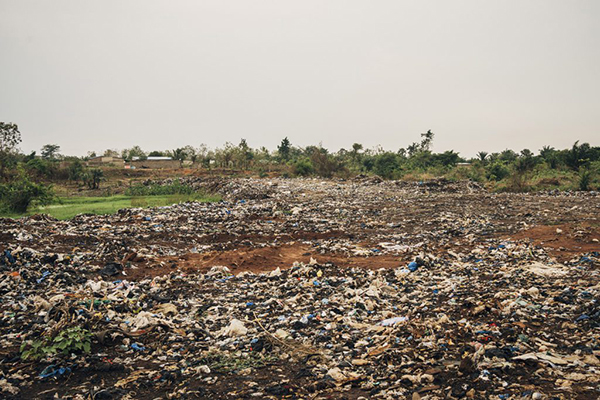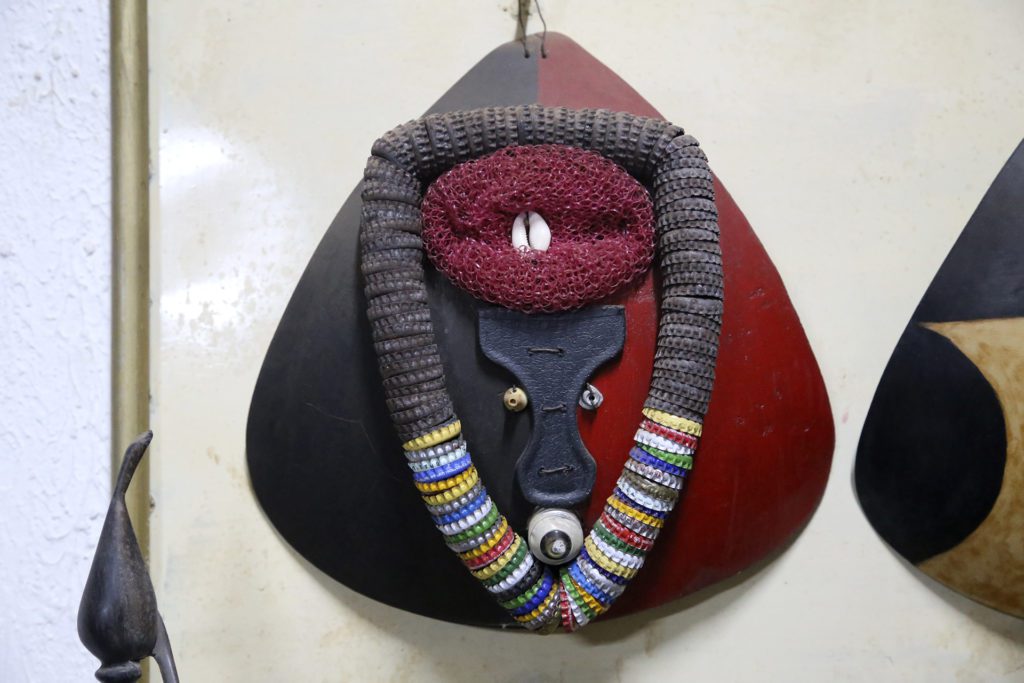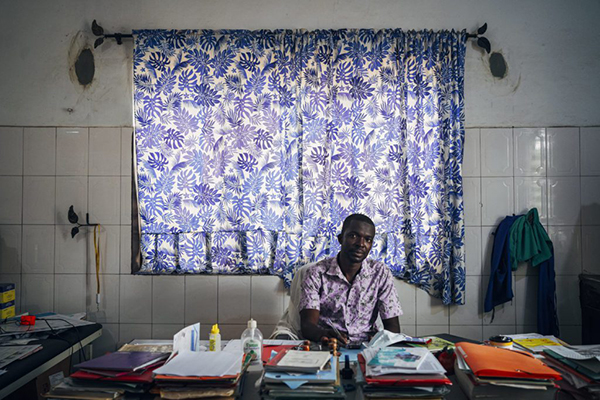In the hospitals of sub-Saharan Africa, it is commonplace for patients’ meals not to be included as part of their treatment. In Togo and Benin in-patients depend on the food that relatives or friends bring in for them.
‘By the middle of the month the 25 kg sack of wheat that patients receive is nearly empty; it is their only sustenance’, says Piten, the assistant doctor responsible for the Buruli ulcer ward located at the end of the Tsévié Hospital in the Maritime Region of Togo. The unit is at the end of the Hospital, where no one goes.
Here, patients such as Sarah, Kodzo, or Micheline receive a small food allowance thanks to the National Programme for the Fight against NTD of the Togolese government, funded by Fundación Anesvad and the German NGO DAHW. All other patients depend exclusively on their relatives and friends for food.
This reality is commonplace in the hospitals of all sub-Saharan Africa. Patients depend exclusively on their family and social networks to eat. And at times of crisis and inflation, people who are sick are just one more mouth to feed and one less pair of hands to survive.
‘They are unaccompanied and only Sarah receives a small economic allowance from relatives who live far away, in Benin’ says Piten. She has a minimal allowance which she invests in grinding the cereals which she receives free of charge from the hospital. Others such as Kodzo or Micheline seek alternative ways to survive: he works in the fields despite the open wound in his right foot, caused by the Buruli ulcer; she receives charity from other patients in the hospital.
Hospitals in Africa: The price of food goes up, healthcare goes down
Since the invasion of Ukraine began, the price of wheat has gone up by 181% in the countries of the Gulf of Guinea. Togo imports over 40% of its wheat from Russia, and Benin 100%. The prospects are not good in the short and medium term.
The inflation generated by the war is made worse by other factors that have an effect on the cost of living. In addition to COVID-19, instability is increased by the war against the terrorists in neighbouring countries and the sanctions against countries where there has been a coup d’état, such as Burkina Faso and Mali.
‘Almost all products have been affected by the price increases. Especially basic products such as fuel and cereals. The biggest increase has been for wheat, milk, cooking oil, and condiments’ says Koffi Fombo from the Anesvad team in Togo. ‘Milk, which used to cost 350 CFA francs (€0.53) in March 2020, is now retailing for 600 francs (€0.91), nearly double, while a 25-litre drum of vegetable oil has gone from 22,000 CFA francs (€33.50) in December 2021 to 27,000 (€41.15) now’.
The situation at Benin
In neighbouring Benin, the situation is the same. Our colleague Flora Balle Houndjrebo tells us that the situation ‘is worrying. On 3 April, the Minister for the Economy organized an official debate on the cost of living in general, given that the prices of wheat flour and derivative products, cooking oil, and petrol have all gone up alarmingly’.
In general, the cost of living affects all aspects of life. Our work is focussed on ensuring that people suffering from neglected diseases can carry on. In order for antibiotic treatments to work properly, our interventions must be able to ensure that they get at least one full meal a day. And this appears to be getting harder and harder.
Meanwhile, life in hospitals such as the one in Tsévié carries on. Next month the sacks of wheat for the patients who need them have to be bought; next month families will once again have to contribute something of the little they have, and the shopping basket keeps getting more and more expensive, especially for essential items.






